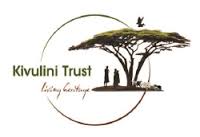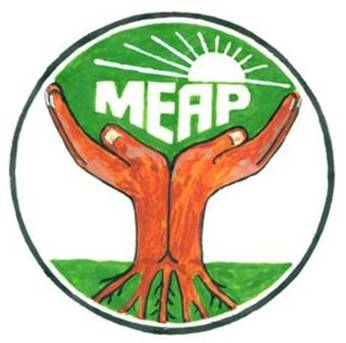Groups in Kenya
In Kenya, the peoples who identify with the indigenous movement are mainly pastoralists and hunter-gatherers as well as a number of small farming communities.

Kivulini Trust
As fellow Christensen Fund grantees, LifeMosaic collaborates with The Kivulini Trust as our main partner in Northern Kenya. They work to promote and support the perpetuation of cultural knowledge and practices and to facilitate positive change by building on the existing cultural strengths, indigenous knowledge and natural resources management know-how for the realization of holistic and sustainable development.
Waso Trustland Project
Waso Trustland project (WTL) was formed in 1996 to empower pastoralist communities to enjoy peace, secure land tenure, abundant natural resources and sustainable development in Isiolo County. They aim to empower pastoralist communities to understand and apply their rights and responsibilities on the management of their land and natural resources through training, education and advocacy. LifeMosaic works with them to bring our resources and approaches to the Northern Kneyan counties of Marsabit and Isiolo.

ABN (African Biodiversity Network)
The African Biodiversity Network (ABN) is a regional network of individuals and organisations seeking African solutions to the ecological and socio-economic challenges that face the continent.
ABN facilitated widespread dissemination of 'Fever - A Video Guide' in the region.

MEAP (Maendeleo Endelevu Action Program)
MEAP was founded in 2007 in order to inspire communities to drive their own change based on their wants and needs, not those decided by others. Their work uses participatory processes to engage communities around issues relating to their environment, biodiversity and land use - with specific emphasis on food security, and forest and river ecosystem management.
MEAP distributed 'Fever' DVDs to local partners and used them during their community education forums.
CEPAD (Centre for Pastoralist Development)
CEPAD are using the films widely in indigenous communities of pastoralists, hunters and gatherers, fisher-folks and farming communities spread throughout East Africa, targeting a population of 200 people per month.

MPIDO (Mainyoito Pastoralists Integrated Development Organization)
Mainyoito Pastoralists Integrated Development Organization (MPIDO) was established in 1996. MPIDO envisions a just and equitable society that recognizes and upholds human rights and the fundamental freedom of indigenous peoples’. As the indigenous people in Kenya undergo political, economic and social challenges, MPIDO curves her niche into pursuing food security, climate change mitigation; governance and conflict transformation, natural resource management, gender equity, and HIV & AIDS responses.
MPIDO used the 'Fever' series in their work with pastoralists.
